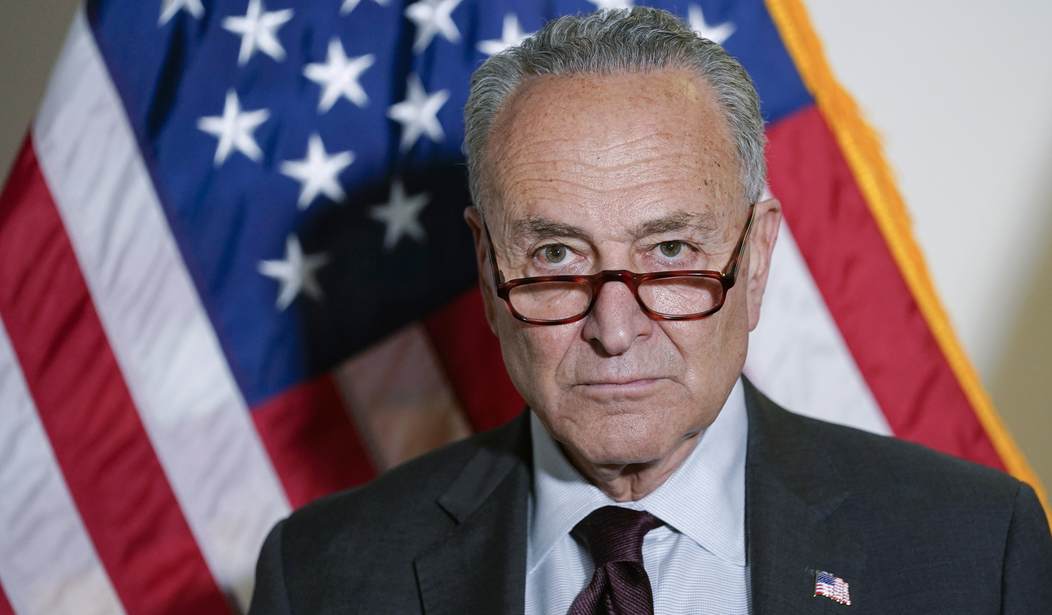Democrats are notorious for changing the rules to suit their immediate political objectives. After Democrats used the judicial filibuster to block President George W. Bush’s nominees from getting confirmed, Republicans responded in kind when they were in the minority and Obama was president. Suddenly the filibuster Democrats had used so often was evil. So, in 2013, Senate Democrats, led by then-Senate Majority Leader Harry Reid, nuked the filibuster for lower-court judicial nominees, making it impossible for the Republican minority to block them as Democrats had done a few short years earlier.
Then-Senate Minority Leader Mitch McConnell issued a dire warning to the Democrats about their scheme. “You will rue the day,” McConnell said. “You’ll regret this, and you may regret this a lot sooner than you think.”
How right he was. In 2017, Donald Trump was president, and Republicans had control of the Senate. But, thanks to their nuking of the filibuster four years earlier, Senate Democrats were powerless to stop Trump and McConnell from transforming the judiciary with a historic number of judicial confirmations.
Yet, here we are in 2022, and Democrats are now trying to ax the legislative filibuster, a tool they’ve used repeatedly and as recently as last week, calling it anti-Democratic and a relic of the Jim Crow era, amongst other things. This effort comes despite an anticipated red wave in the upcoming midterms. McConnell’s warning in 2013 is just as relevant today as it was back then. Democrats certainly can’t claim to be ignorant of the risks, so why do it?
It comes down to the legislation the Democrats want to pass. This is less a debate about the legislative filibuster and more about the Democrats’ desperate attempt to overhaul our elections with the John Lewis Voting Rights Advancement Act and the Freedom to Vote Act. Between these two pieces of legislation, Democrats would effectively federalize elections and impose regulations that many say would make our elections less secure.
“If the Republicans block cloture on the legislation before us, I will put forward a proposal to change the rules to allow for a talking filibuster on this legislation,” Schumer said Tuesday. Schumer’s proposed rules change would only affect voting legislation, leaving the 60-vote threshold intact for other issues.
Among other things, the voting changes Democrats want to pass would establish Election Day as a national holiday, allow for same-day voter registration, and expand mail-in voting.
“If you look at the Democrat Party now, they are the ones that are anti-democracy,” Sen. Rick Scott (R-Fla.) said Sunday. “They talk about packing the Supreme Court. They don’t want you to show your I.D. to vote … and by the way, your signatures don’t have to match if you use mail-in voting, and we’ll have ballot harvesting … and the unmonitored ballot boxes, that is good, because that could help [Democrats] cheat.”
Related: Is This How Democrats Will Steal the Midterm Elections?
This is why Democrats are willing to risk changing the rules. Does it matter if they set a precedent where the majority can carve out exceptions to the filibuster so they can pass whatever legislation they want? Not if they can pass legislation that would make it easier for them to cheat, so they don’t have to worry about losing power ever again.
That’s why Schumer and the rest of his party are desperately trying to change the rules for this legislation. They know this legislation is the key to enshrining a permanent Democratic Party majority.










